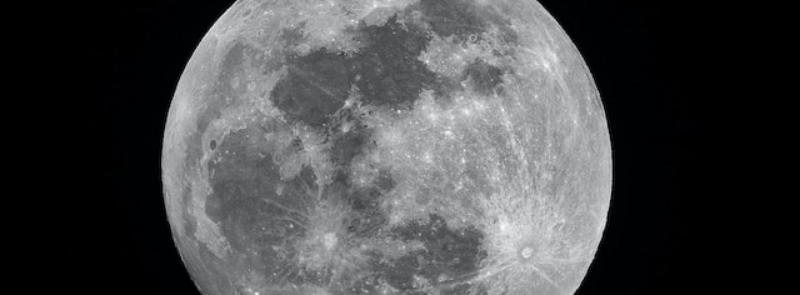
Annually, on July 20, International Moon Day is observed worldwide to commemorate the historic first landing by humans on the Moon through the Apollo 11 lunar mission. Astronauts Neil Armstrong and Buzz Aldrin touched down on the Moon on this day, naming their landing site Tranquility Base.
Background:
- Origins: International Moon Day was officially declared by the United Nations General Assembly in December 2021, to be observed annually starting in 2022. This date was chosen to honor the historic Apollo 11 Moon landing on July 20, 1969.
- Apollo 11 Mission: On July 20, 1969, astronauts Neil Armstrong and Edwin "Buzz" Aldrin became the first humans to set foot on the Moon, with Michael Collins orbiting above. Armstrong's famous words, "That's one small step for [a] man, one giant leap for mankind," marked this significant achievement.
Significance:
- Commemoration: Celebrates the achievements of space exploration and the human spirit of discovery.
- Inspiration: Aims to inspire new generations to pursue careers in science, technology, engineering, and mathematics (STEM).
- Global Collaboration: Promotes international cooperation in space exploration and the peaceful use of outer space.
Key Components:
- Educational Initiatives: Schools, universities, and educational institutions organize lectures, workshops, and activities to educate students about space exploration, the history of lunar missions, and future plans for lunar exploration.
- Public Events: Space agencies, museums, and science centers host public events, including exhibits, planetarium shows, and viewing parties of lunar phenomena.
- Media Campaigns: Media outlets and organizations launch campaigns to raise awareness about lunar exploration and its impact on science and society.
Observance and Activities:
- Lunar Observations: Astronomy clubs and observatories often organize events to observe the Moon through telescopes, providing a closer look at its surface and features.
- Space Agency Announcements: Agencies like NASA, ESA, Roscosmos, CNSA, and others may make special announcements or provide updates on current and future lunar missions.
- Virtual Events: Online webinars, live streams, and virtual tours of space-related facilities allow people worldwide to participate in the celebrations.
- Interactive Activities: Activities such as lunar-themed arts and crafts, moonwalk simulations, and space-themed games engage the public, especially children, in learning about the Moon.
Future Lunar Missions:
- Artemis Program: NASA's Artemis program aims to return humans to the Moon by 2025, including the first woman and the next man, and establish sustainable exploration by the end of the decade.
- International Lunar Research Station (ILRS): A collaborative project between Roscosmos and CNSA to build a research station on the Moon's surface or in its orbit.
- Commercial Lunar Payload Services (CLPS): NASA's initiative to partner with private companies to deliver science and technology payloads to the lunar surface.
Importance of Lunar Exploration
-
Scientific Research:
- Studying the Moon's geology, composition, and history helps scientists understand the formation and evolution of the Earth-Moon system and the solar system.
- The Moon serves as a platform for astronomical observations and experiments in a low-gravity environment.
-
Technological Advancements:
- Developing technologies for lunar exploration drives innovation in robotics, materials science, life support systems, and more.
- Lessons learned from lunar missions contribute to advancements in space travel and exploration beyond the Moon, such as Mars missions.
-
Economic Opportunities:
- The Moon's resources, such as water ice and rare minerals, have the potential for utilization in future space missions and industries.
- Establishing a lunar economy could involve mining, manufacturing, and even tourism.
-
International Collaboration:
- Lunar exploration fosters collaboration among countries, promoting peaceful use of outer space and sharing knowledge and resources.
- Cooperative efforts in space exploration can lead to stronger diplomatic and scientific ties between nations.
Conclusion
International Moon Day is a significant observance that celebrates humanity's achievements in space exploration, particularly the historic Apollo 11 Moon landing. It serves as an inspiration for future generations, promotes educational and scientific pursuits, and underscores the importance of international cooperation in exploring the final frontier. Through various activities and events, International Moon Day encourages global participation in celebrating our past accomplishments and looking forward to the exciting possibilities of future lunar exploration.


